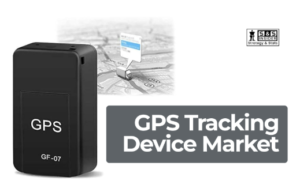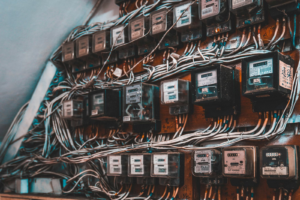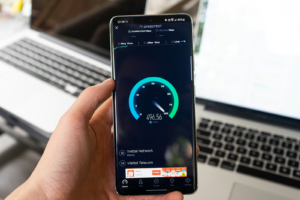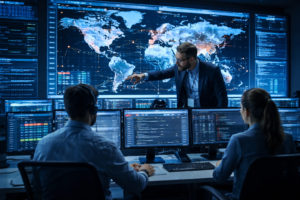The Human Cost of AI Systems Without Safeguards
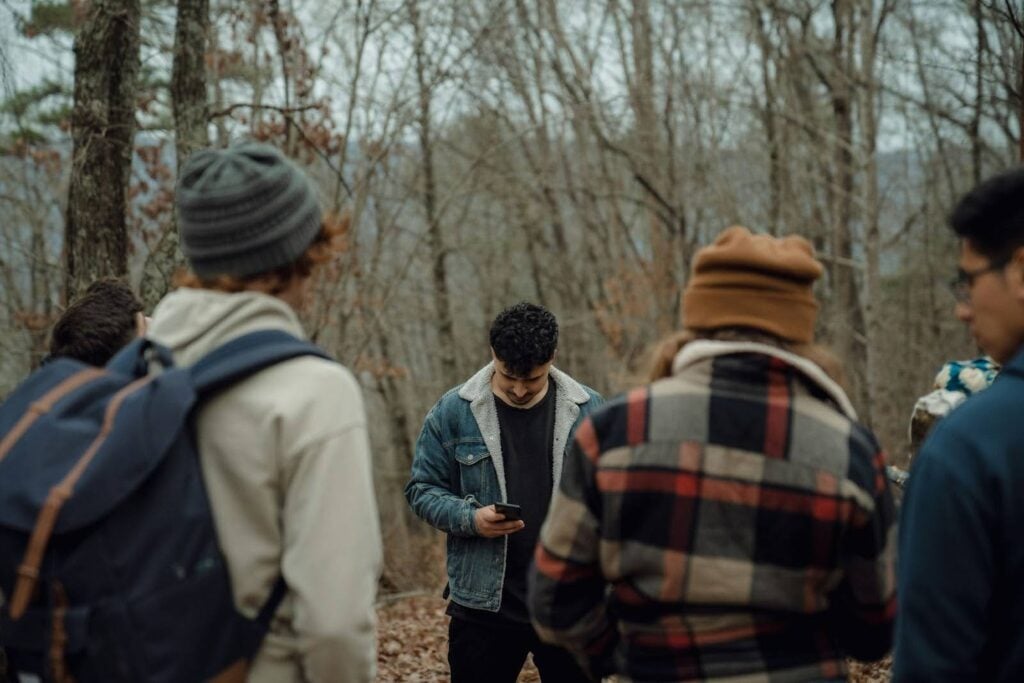
Photo by: Paul Shafer
Every day, more decisions about our lives are being made by artificial intelligence, from the jobs we’re offered to the medical care we receive. As these systems become more powerful, too many are being built without clear rules or protections. That isn’t just a technical issue. It’s a human one. When AI gets it wrong, people can lose opportunities, face unfair treatment, or even suffer harm. Without strong safeguards in place, the most vulnerable are often the first to be affected. This isn’t some distant future. It’s already happening, and the impact is deeply personal.
Artificial intelligence is no longer something found only in tech labs or science fiction. It is already woven into the systems we rely on every day. Algorithms help decide who gets called for a job interview, how students are graded, and who qualifies for a loan or housing. In hospitals, AI tools assist with diagnosing illnesses and predicting patient risks. Police departments are using it to flag potential suspects or identify areas where crime might occur. These systems often work quietly in the background, but their impact is very real. They shape the direction of people’s lives, sometimes for the better, but often in ways that are difficult to understand or challenge.
The growing influence of AI might suggest a future shaped by precision and fairness, but the reality is more complicated. Many of these systems are developed and deployed without clear rules, proper oversight, or any real accountability. They make decisions that affect people’s lives, yet there is often no way to understand how those decisions were reached or who is responsible when something goes wrong.
One of the biggest concerns is that AI often picks up the same biases and blind spots found in the data it is trained on. If past hiring practices were unfair, for example, an algorithm built on that history is likely to repeat those patterns. In many cases, these systems are introduced quickly, tested on the public without enough safeguards, and treated as if they are neutral or purely logical. But AI is not immune to human error or flawed assumptions. Without transparency or a way to question the outcome, people are left in the dark, and the impact can be serious, especially for those already facing inequality.
These risks are not just theoretical. Experts working closely with AI systems see the dangers unfolding in real time. Brian Sathianathan, CTO and Co-Founder of Iterate.ai, has raised concerns about what can happen when AI is developed and deployed without meaningful regulation. He points out that while AI is advancing rapidly, especially in the private sector, safety standards in the United States are still struggling to keep pace. Compared to regions like the European Union, which has moved forward with more comprehensive AI legislation, the U.S. remains fragmented in its approach. This lack of structure leaves gaps that can harm everyday people. Brian emphasizes that the public deserves to understand how these systems work, what risks they carry, and why stronger oversight is urgently needed.
If the risks are clear, the next question is what we can do about them. Responsibility for safe and fair AI cannot fall on one group alone. Policymakers must create strong, enforceable standards that ensure systems are transparent, accountable, and tested for bias before they are widely used. Companies have a duty to prioritize ethical development and to build systems that respect human rights, not just profit margins. Researchers and engineers must push for more explainable AI and advocate for safeguards during every stage of design. And the public has a critical role to play by asking hard questions, staying informed, and demanding better.
This is a turning point. The choices we make now will shape how AI affects lives for generations. We can build systems that support fairness, safety, and human dignity, but only if we act with urgency and care. AI should serve people, not silence them. It should lift us up, not leave us behind. To get there, we need rules that protect everyone, not just the powerful. We need voices that speak up when systems fail. And most of all, we need to remember that behind every algorithm is a human story, and those stories deserve to be protected.


